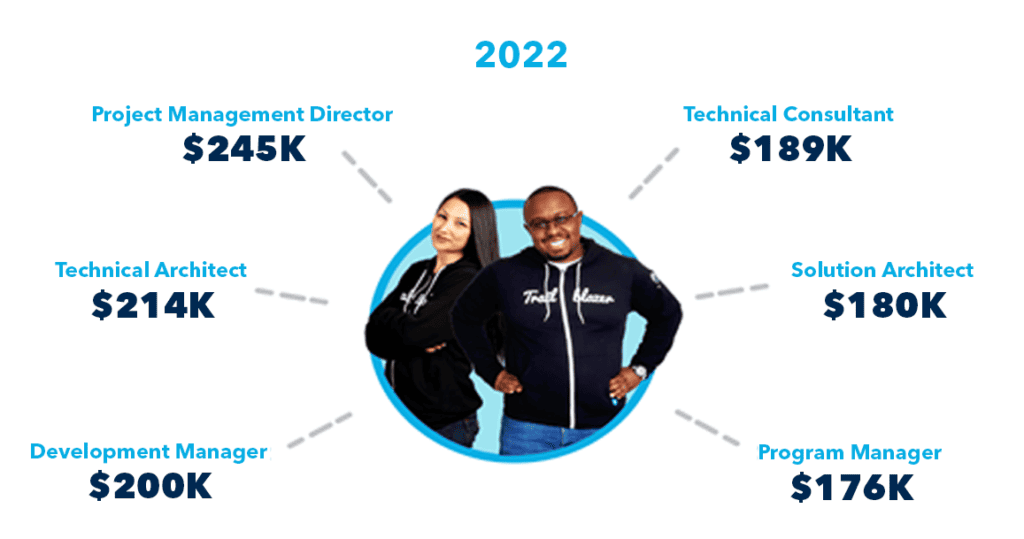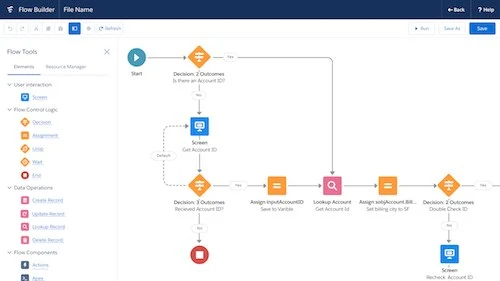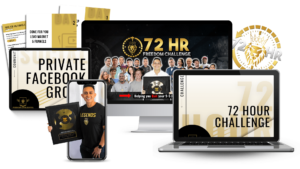In today’s rapidly evolving business landscape, the role of a Salesforce consultant has gained immense significance. As organizations worldwide embrace the power of Salesforce to streamline their operations and enhance customer relationships, the demand for skilled consultants has soared. This article serves as a comprehensive guide for individuals aspiring to become successful Salesforce consultants, offering insights, strategies, and a roadmap to navigate this fulfilling career path.
The Role of a Salesforce Consultant
Understanding the Scope
A Salesforce consultant acts as a trusted advisor to businesses seeking to leverage Salesforce solutions. They analyze an organization’s unique requirements, design tailored solutions, and provide guidance on implementation, customization, and optimization. Consultants bridge the gap between technology and business objectives, ensuring seamless adoption and maximum ROI.
Skills and Attributes
To excel as a Salesforce consultant, a blend of technical, interpersonal, and problem-solving skills is essential. Proficiency in Salesforce modules, customization, data migration, and integration is a prerequisite. Effective communication, project management, and the ability to empathize with clients’ needs are equally critical. A consultant’s success hinges on their capacity to translate complex technical concepts into actionable insights for non-technical stakeholders.
Navigating the Path to Salesforce Consultancy
1. Acquiring Salesforce Expertise
Before embarking on a consulting career, it’s imperative to master Salesforce. Engage with the Salesforce Trailhead platform, earn relevant certifications, and gain hands-on experience through projects. A strong foundation in Salesforce’s features and capabilities is the cornerstone of your consulting journey.
2. Cultivating Business Acumen
Understanding the intricacies of various industries and business processes is crucial for effective consultancy. Consultants must comprehend how Salesforce aligns with different verticals and tailor solutions to suit specific challenges. Continuous learning about market trends, customer behaviors, and business strategies enhances your value as a consultant.
3. Building Consultative Skills
Consultancy extends beyond technical expertise. Develop skills in active listening, problem-solving, and stakeholder management. The ability to comprehend clients’ pain points, recommend viable solutions, and communicate the benefits of your proposals is pivotal. Consultative skills foster trust and credibility, positioning you as a valuable partner.
Crafting Your Salesforce Consultant Journey
1. Education and Certification
Start by gaining in-depth knowledge through Salesforce-certified courses and exams. Achieving certifications such as Salesforce Certified Administrator, Salesforce Certified Sales Cloud Consultant, or Salesforce Certified Service Cloud Consultant validates your expertise and opens doors to opportunities.
2. Practical Experience
Apply your knowledge by working on Salesforce projects. Collaborate with mentors, colleagues, or online communities to solve real-world challenges. Practical experience hones your skills, builds confidence, and exposes you to different scenarios you might encounter as a consultant.
3. Networking and Building a Portfolio
Connect with professionals in the Salesforce ecosystem through events, forums, and social media. Building a strong network not only provides insights but can also lead to referrals and partnerships. Create a portfolio showcasing your projects, methodologies, and success stories to demonstrate your capabilities to potential clients or employers.
Embracing the Salesforce Consultant Role
1. Client-Centric Approach
Understand that each client is unique, with specific needs and goals. Listen attentively, ask probing questions, and tailor your solutions accordingly. A client-centric approach fosters stronger relationships and ensures that your recommendations address their pain points directly.
2. Continuous Learning
The tech landscape evolves rapidly, and consultants must stay updated. Attend webinars, read industry blogs, and explore advanced Salesforce features. The more you know, the better you can guide clients toward innovative solutions.
Becoming a Salesforce consultant is a rewarding journey that demands a fusion of technical expertise, business acumen, and interpersonal skills. By cultivating a strong foundation in Salesforce, honing your consultative abilities, and continuously learning, you can pave the way to a successful and fulfilling career as a trusted advisor to businesses navigating the Salesforce ecosystem.
FAQs
Q1: Can I become a Salesforce consultant without technical expertise?
While technical expertise is essential, consultative skills, business acumen, and the ability to bridge technology and business objectives are equally critical.
Q2: What certifications should I pursue to become a Salesforce consultant?
Certifications like Salesforce Certified Administrator and Salesforce Certified Consultant in specific domains (e.g., Sales Cloud, Service Cloud) are highly recommended.
Q3: How do I find Salesforce projects for practical experience?
Join online communities, freelancing platforms, or collaborate with mentors to find projects that align with your expertise and goals.
Q4: Is business acumen more important than technical skills for a consultant?
Both are equally important. Technical skills enable you to implement solutions, while business acumen helps you understand and address clients’ needs effectively.
Q5: Can I transition to Salesforce consultancy from a different career?
Yes, with dedication, training, and certification, you can transition to Salesforce consultancy from various backgrounds.




